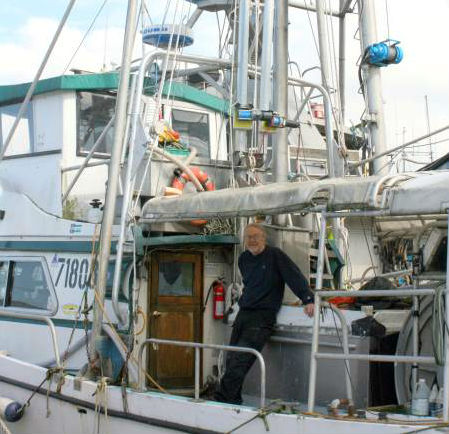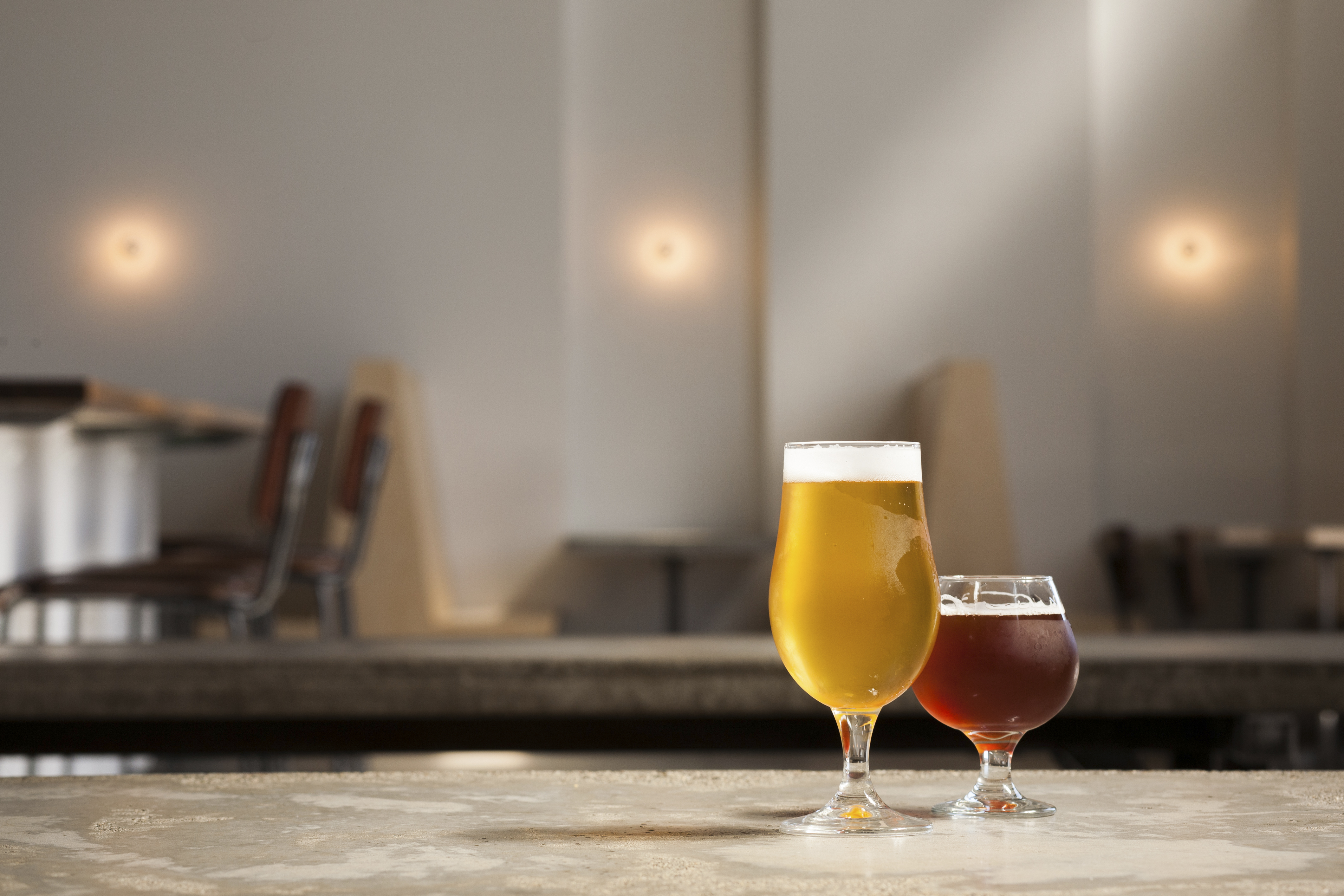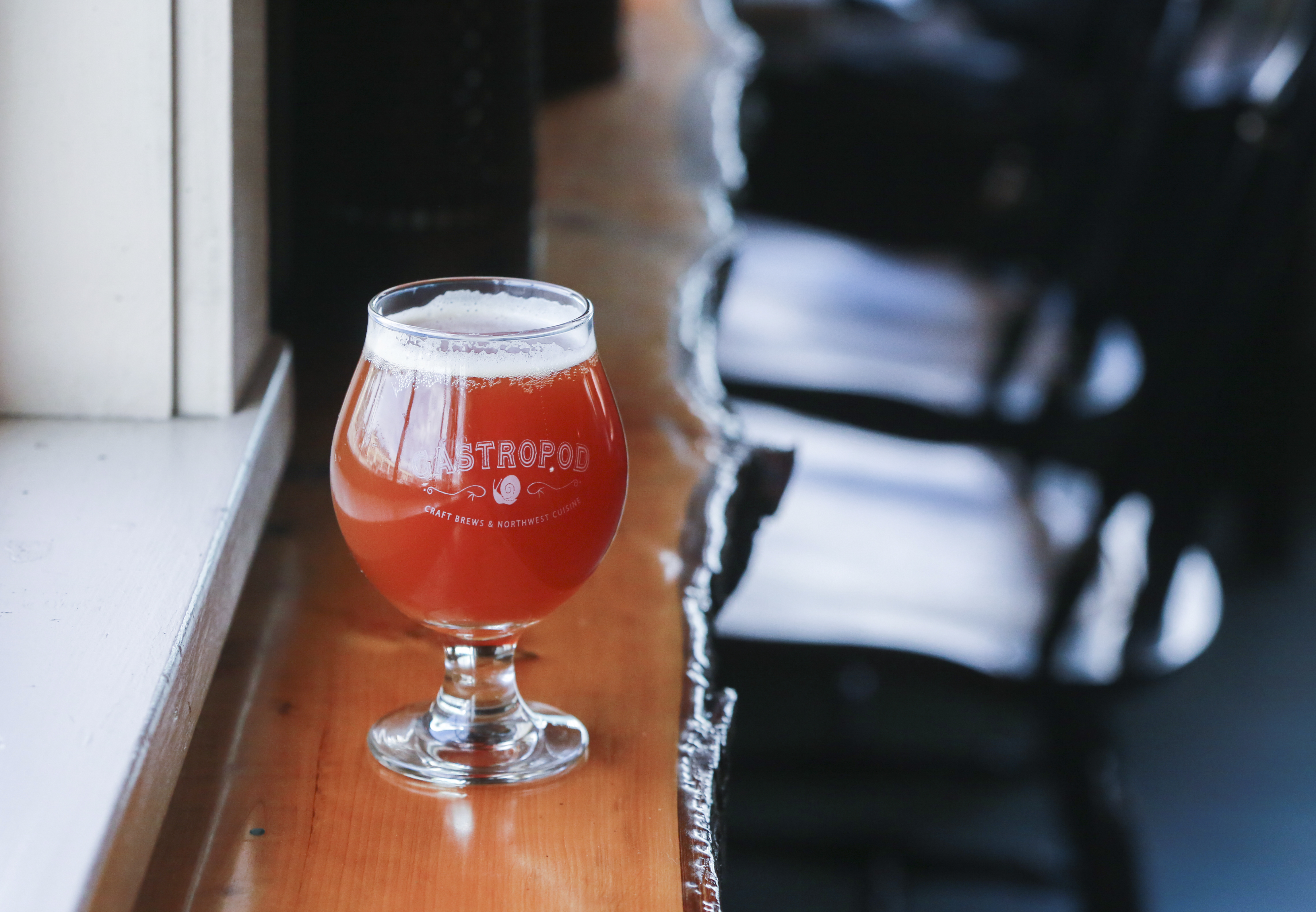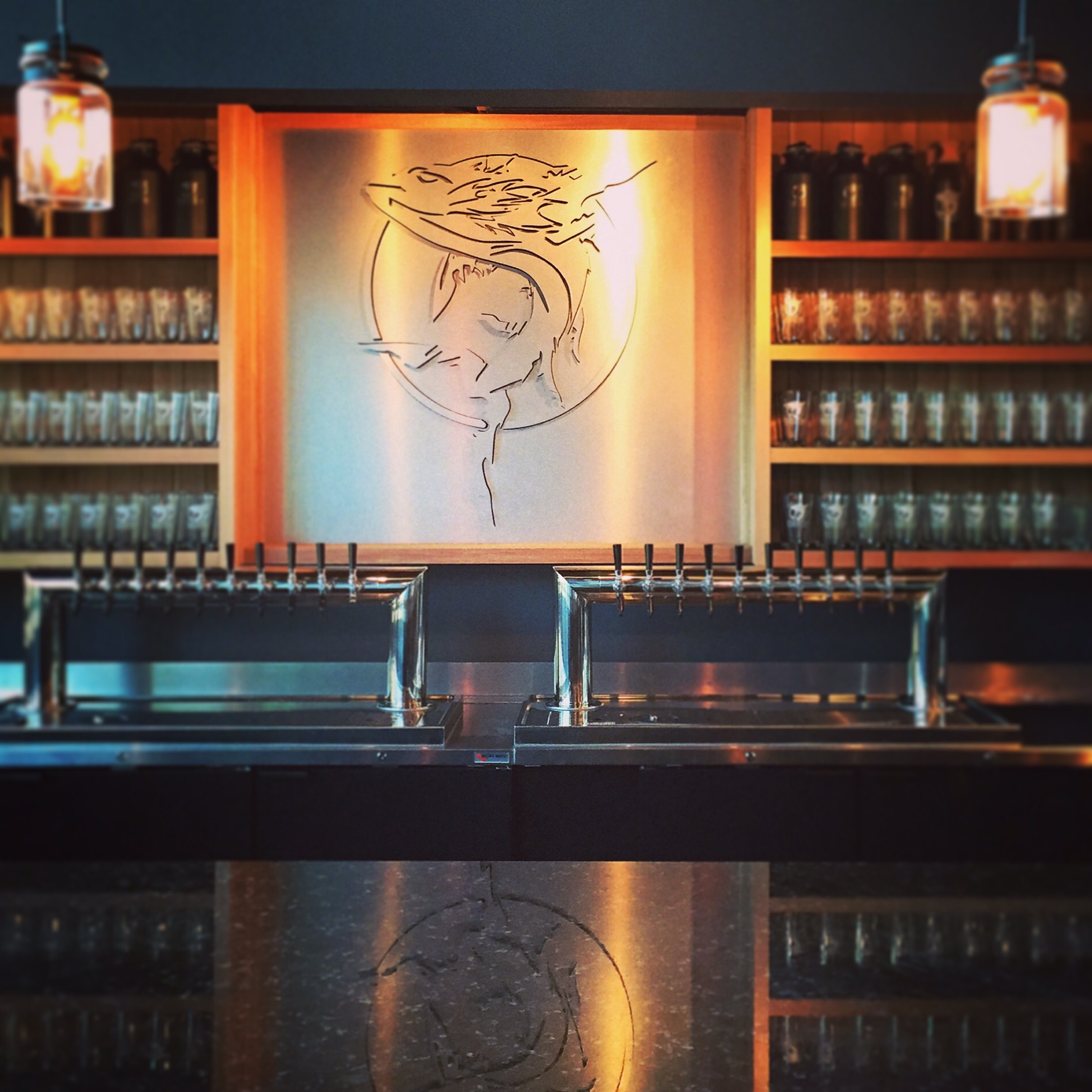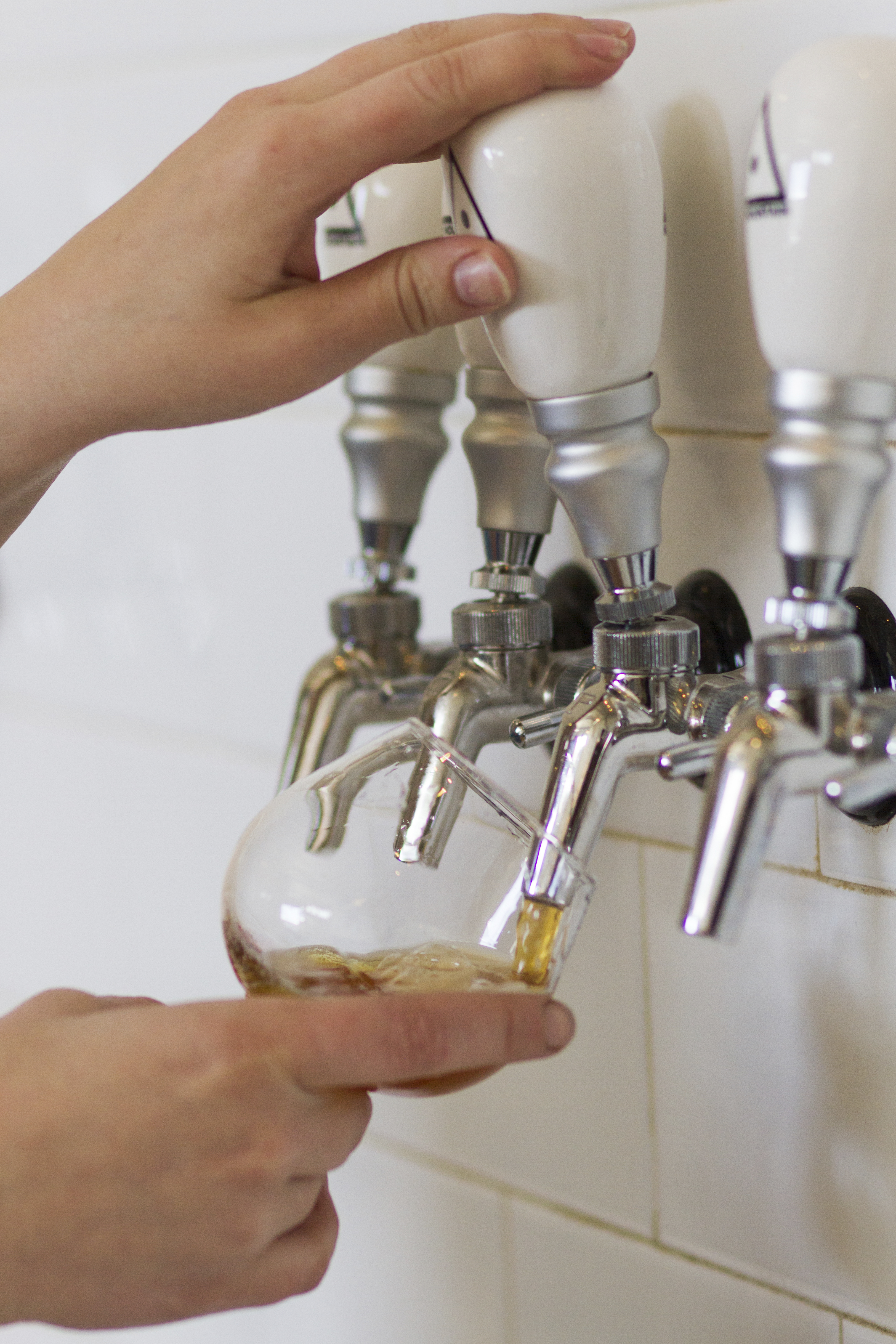This summer and fall, state officials are expecting strong numbers for salmon in Puget Sound and in Washington rivers. But you won’t find much – if any – Washington salmon at farmers markets. You’ll be buying Alaskan fish instead.
That’s because the Washington Fish and Wildlife Commission (WFWC), which regulates the state’s salmon fishery, has heaped restrictions on the industry. The result is limited opportunities for commercial fishers to go after salmon here. So limited, in fact, many drive their boats to Alaska, where fewer restrictions exist.
Sport fishers, the weekend anglers who catch fish for dinner, are gradually getting a higher percentage of the fishing permits that once belonged to small commercial fishers. These fishers claim there’s a powerful—and curious—lobby pushing for these restrictions.
The latest battle is over the lower Columbia River. The WFWC voted in January to phase out gillnetting—the method many small commercial fishers rely on—in the main channel. Those gillnetters must switch to another net called a purse seine or fish the side channels. Sport fishers will get an increasingly higher percentage of the permits that once belonged to the gillnetters. The new restrictions don’t apply to Native American tribes, who by treaty receive 50% of fishing permits.
The commission says the reallocation will protect the Columbia’s precious salmon. They cite biologists who say the gillnets have a high rate of bycatch, the unintended creatures ensnared in nets. The commission also says it has plans to increase the number of hatchery salmon—those raised expressly for capture—in the side channels and that the gillnetters will eventually catch fish in greater numbers.
“It’s being portrayed by some as the demise of commercial fishing in the Columbia and that was not the intent, it’s not what is built into our plan, and it is not what the economic analysis that both [Oregon and Washington] did showed,” says commission chairwoman Miranda Wecker. “Our economic analysis showed that the commercial fishery should do better.”
But the gillnetters are royally pissed off and calling the commission’s bluff. The Puget Sound Salmon Commission, made up of commercial gillnetters, conducted a separate study showing gillnets have a lower bycatch than purse seines. They’re skeptical these future fish will ever exist and claim the commission has motives other than fish protection.
Pete Knutson, head of Seattle’s Loki Fish Co. and member of the lobbying group Puget Sound Harvesters Association, says that simply switching to a purse seine isn’t that easy. It’s a huge expense (he estimates a new purse seiner costs $3 million) many gillnetters can’t afford. It’s especially galling if they believe their nets have a much smaller bycatch than the purse seines. He also says the smaller nets lead to better quality fillets.
Knutson calls the commission a “captured agency,” saying it’s strong-armed by industries like oil, natural gas, game groups, fish farm advocates, and gear companies operating under the guise of conservationists, who argue for the sport fishers. But why is the oil industry in bed with sport fishers?
“Replacing commercial fisheries with sport is in their interest because sport have no legal standing to sue for damages” in the case of, say, an oil spill or some other fish-harming event, says Knutson, a long-time environmental activist fighting for salmon habitat preservation. Commercial gillnetters, on the other hand, would have legal ground to sue these companies if an oil spill threatened their livelihoods. So naturally the oil industry wants the gillnetters out of the picture, he says.
Knutson, a long-time conservationist, says the best way to preserve Washington’s precious salmon long-term is to protect habitat, not force gillnetters to change to purse seines or move to other areas. A recent article from the Northwest Indian Fisheries Commission (which doesn’t directly have a dog in the fight because of the treaty) agreed with him.
Knutson and his fellow gillnetters are fighting the commission in court and through the legislature, but it’s been an uphill fight. Still, it’s one Knutson will continue to fight because the fish are a public resource.
“We’re the public’s access to these fish. Only about seven percent of Washington state residents have a sports license,” he says. “Why shouldn’t the farmers market customers have some access to these fish that they’re paying to be managed by the state?”
